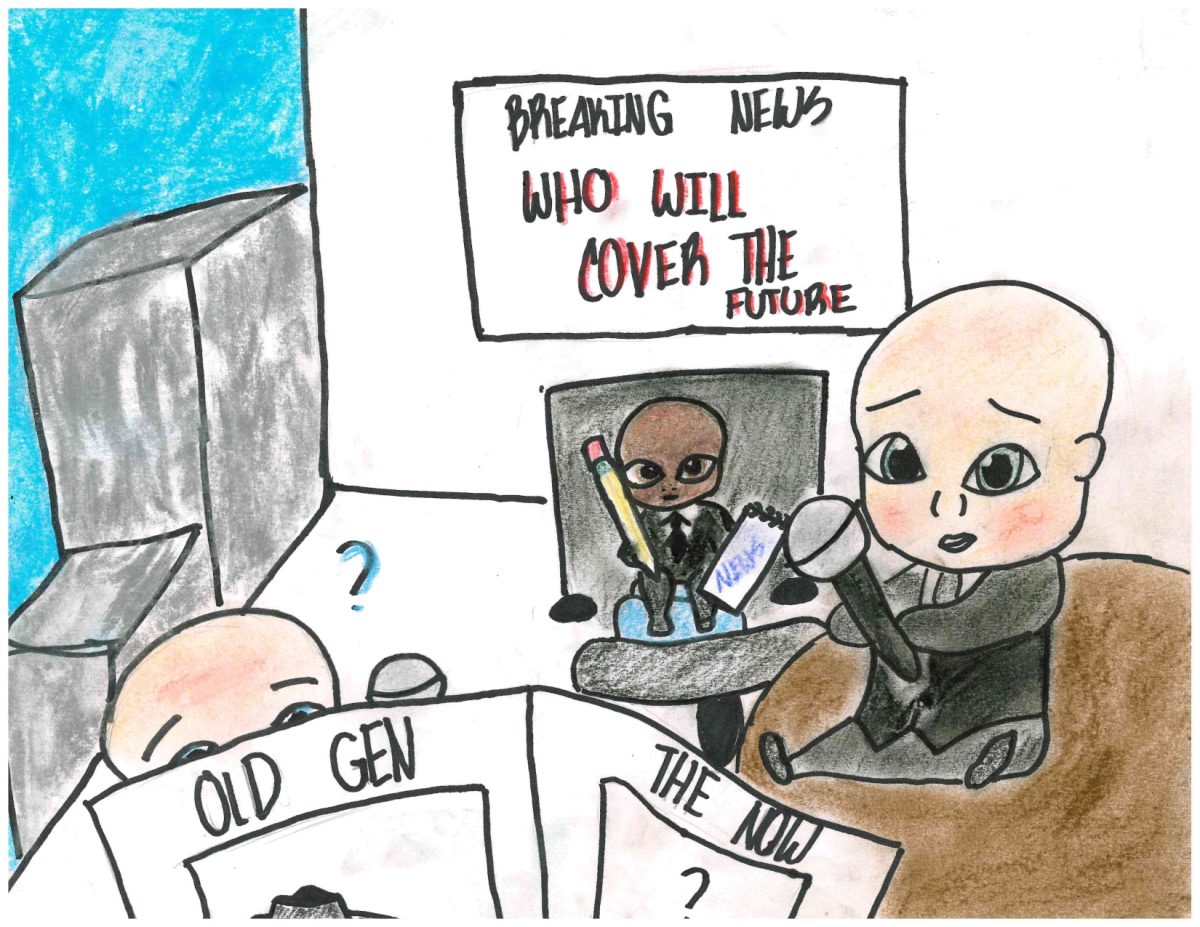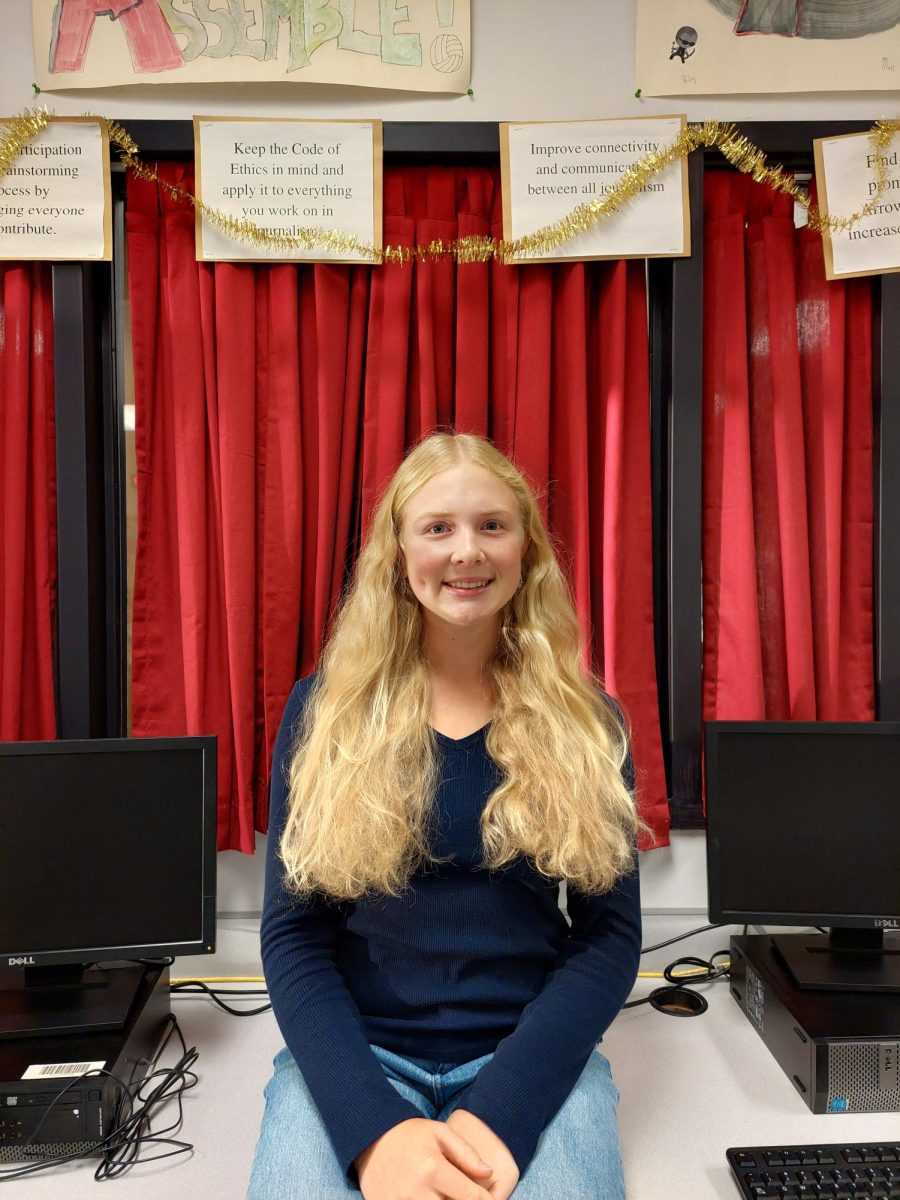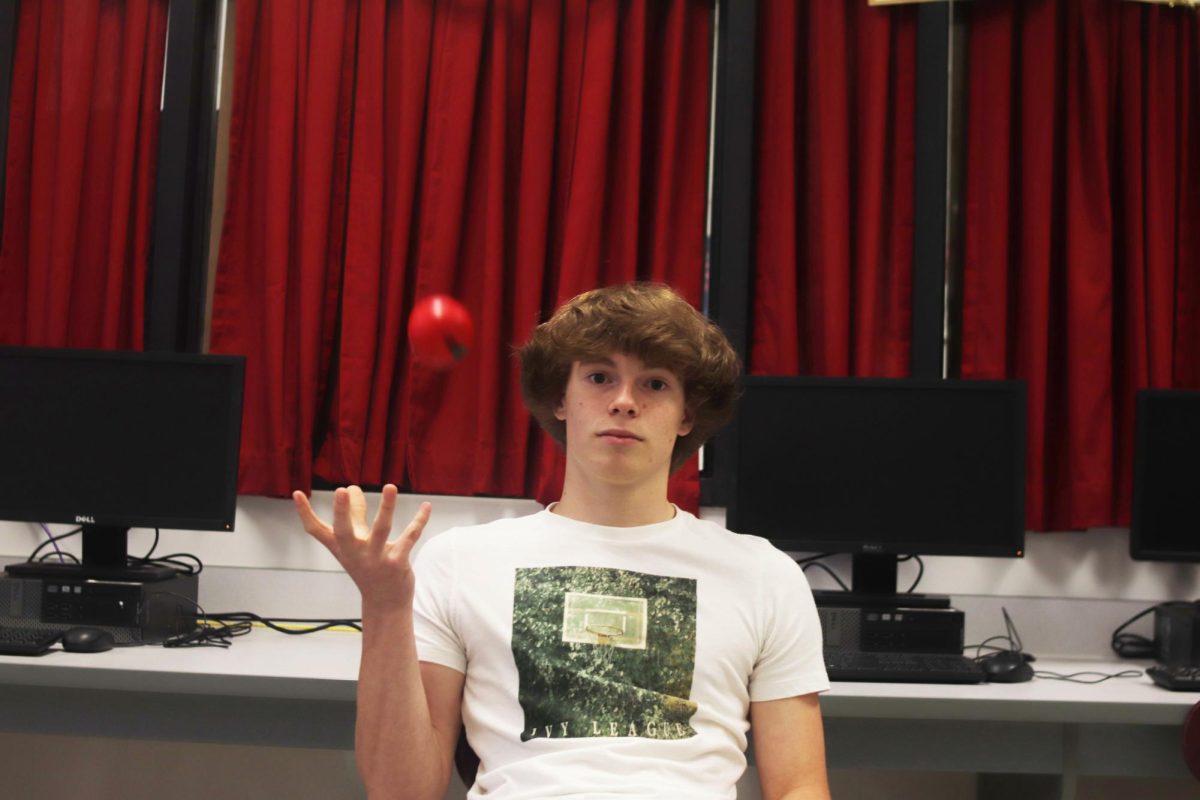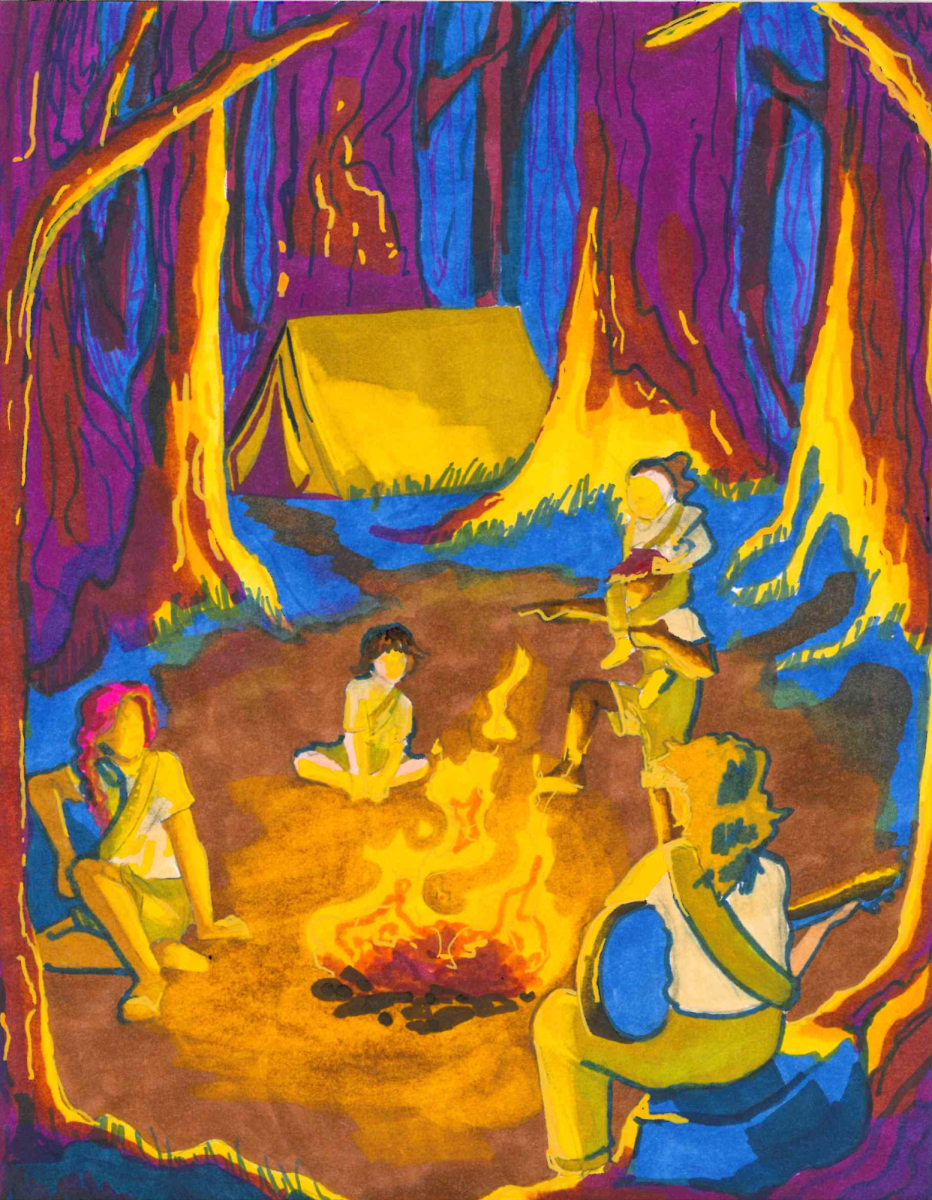In today’s age of self expression, artists should not be expected to self-censor their work. It should be a parent’s job to monitor what their children are watching.
Recently, there has been much debate on the internet regarding a song released by the rapper Montero Lamar Hill, known by the stage name Lil Nas X. The song, “Montero,” is also known as “Call Me By Your Name.”
The drama surrounding this song and music video is that the song is heavily centered around homosexual relations and the video features Hill, in so many words, seducing the devil. Many parents are outraged and claim that this is not appropriate for him to be producing.
The main argument in these claims is that Hill has a large following of minors and tweens, mostly due to his 2019 hit “Old Town Road.” Parents are claiming that, with no warning on the video, many young children will click on the “Call Me By Your Name” video and be subjected to content that is not appropriate for them.
When prompted to respond to these accusations on Twitter, Hill stated that “Old Town Road” was no more appropriate for children than “Call Me By Your Name” is and that parents have the choice over whether or not their children should be listening to his music.
“i literally sing about lean & adultery in old town road. u decided to let your child listen. blame yourself,” Hill wrote in a tweet.
The reality is that Hill is correct. If you sit down and listen to “Old Town Road” or any other top hit of today, you’ll likely find a lot of allusions to drugs, alcohol, sex and many other subjects and themes that are not approprate for younger listners.
The only difference between songs like “Old Town Road” and songs like “Call Me By Your Name” are the fact that these topics are included directly into the lyrics of “Call Me By Your Name,” not as innuendos.
Additionally, none of the artists like Hill have ever publicly claimed to intend to write songs for underaged listeners or have marketed their music towards kids.
Once the song leaves the studio and goes to the radio or streaming platforms, it is out of the artist’s control as to who listens to it. At that point, it is up to parents on whether or not they want to put in the effort to monitor what their children listen to.
A similar situation occurred when rapper Belcalis Marlenis Almánzar, known by her stage name Cardi B, released a song over the summer. The song, which has a title that a school newspaper cannot print, included many overtly sexual and graphic lyrics.
Upon its release, Almánzar received a lot of backlash after a statement that she made, claiming that she would not let her 2-year-old daughter listen to it. Almánzar took to Twitter to respond.
“I don’t make music for kids I make music for adults.Parents are responsible on what their children listen too or see,” Almánzar wrote. “I’m a very sexual person but not around my child just like every other parent should be.”
Almánzar is correct, she, along with every other celebrity, is not responsible for raising an entire generation of fans. If a celebrity does not wish to market themself as a family-friendly entertainer or a role model for young children, they shouldn’t be forced to act like one.
The real issue in these situations is that so many kids are getting limitless access to the internet with no parental control from a very young age. We’re seeing a generation of children being raised by the internet and iPads.
Artists have been producing PG-13 content for decades, but as soon as parents don’t feel like monitoring what kind of media their kids consume, people now take notice.
I am not going to sit here and say whether or not raising a child like this is good, as different situations will work for different families. But I will say that, however one chooses to raise their child, they should understand the consequences that come with their methods.
At the end of the day, we need to accept that these artists are people too and they have the right to produce the content that they wish to make.
Con: Artists write songs, not nursery rhymes
As artists progress in their careers, they should be free to produce the content they want to without criticism. It is not a singer’s job to produce solely clean music for kids.
0
More to Discover
About the Contributor
Miranda Razzi, Co Editor In Chief






